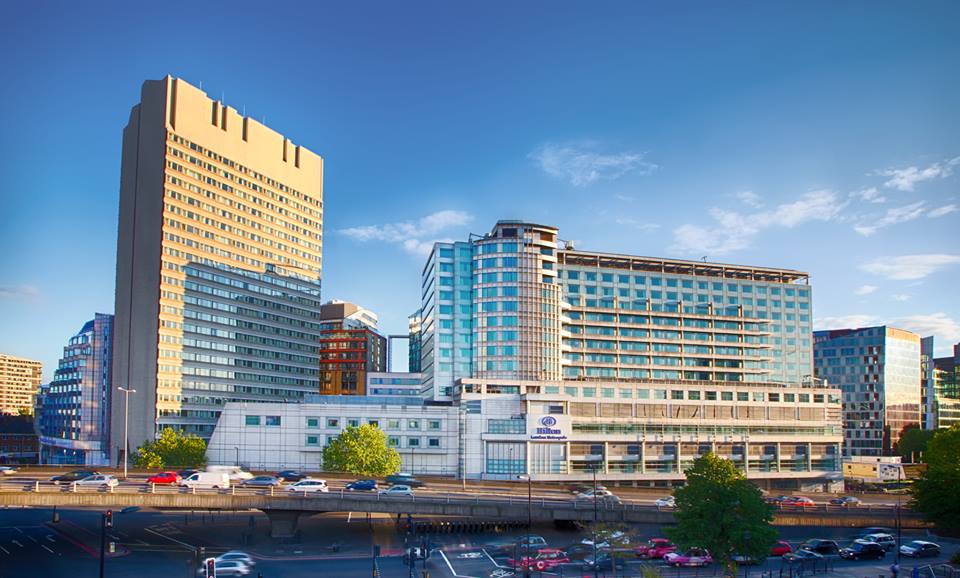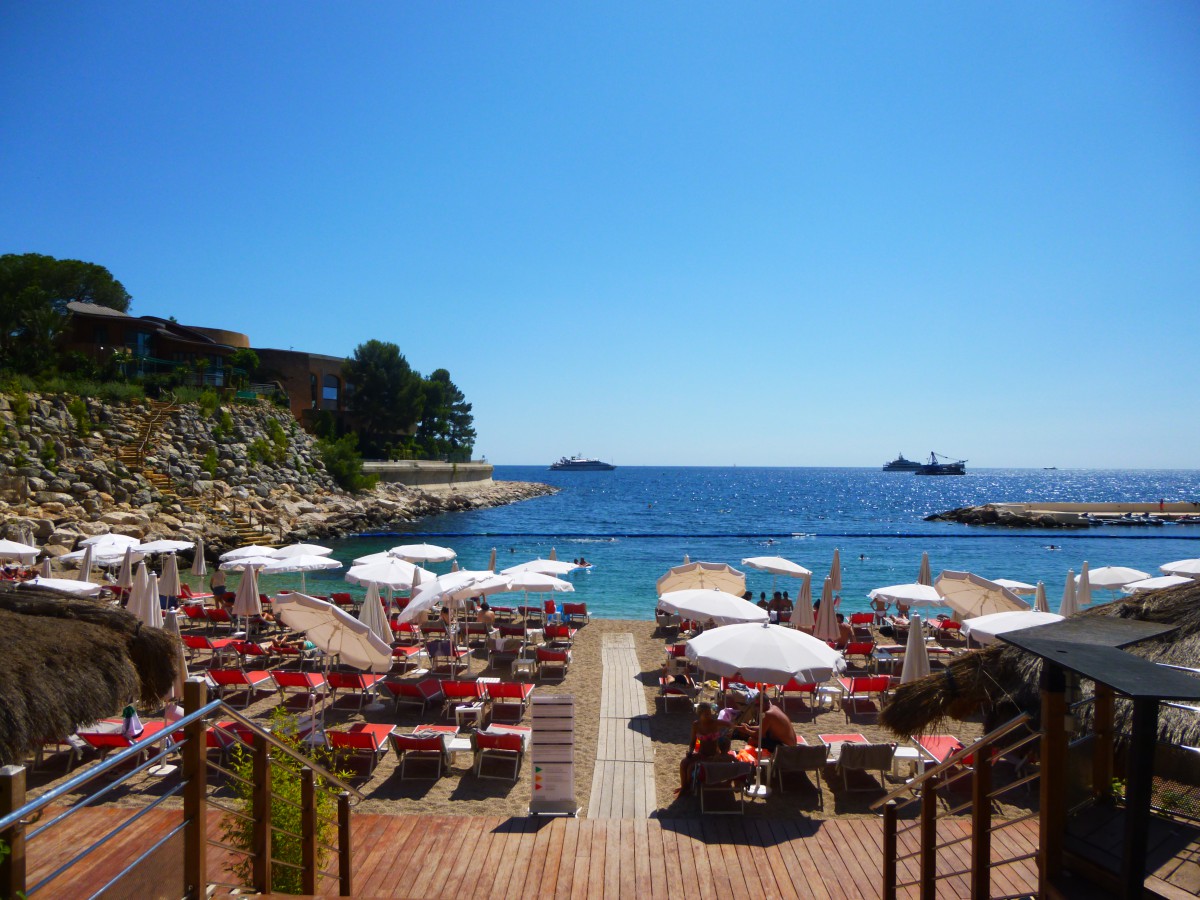Couple of months ago I had the pleasure to give an interview to Pauline Malafosse, an event management student at Surrey university who wrote her dissertation on the topic: Third-party websites effectiveness in hotels’ conferences: The case study of the Hilton London Metropole.
I was happy to assist because in my opinion this topic is of great interest for planners, venues and third party booking websites and many things in this space can be improved. Pauline and Hilton London Metropole kindly agreed to share the findings of her study with you as you find below.
Introduction
Events, and more precisely MICE (Meetings, Incentives, Conferences and Exhibitions) have been growing since the 20th century and are now one of the largest sectors in the Hospitality and Tourism industry (Comas, 2008, Mair et al., 2009). Thus, venues had to adapt their offer to become more attractive and answer the growth of the demand in this sector. A review of previous literature has shown that these venues started to work with multichannel distribution, as a way to catch the attention of many different types of potential customers, using the internet and its development as major channel (Teltzrow et al., 2007). This growth has thus increased the rise of third-party websites, which have become one of the most popular channels to organise events (TravelCLICK, 2015, ONLINE). Venues, and especially hotels now need to adapt their offer in order to work with these websites the most efficiently.
This study sought to analyse the effectiveness of third-party websites to promote and sell event-space in hotels, and more specifically in the Hilton London Metropole. As literature and studies about this subject were rare, the purpose was to help the Hilton London Metropole improving its sales and being able to then adapt its offer to attract more customers, by understanding the role of third-party websites during the venue selection process.
Findings
During this research, the results found matched with previous literature, showing that third-party websites for events are not used very often by event organisers. These websites were seen as too expensive, too complicated to use, too long and too impersonal. Furthermore, the findings indicated that instead of using third party websites, event organisers used venues websites, conference-search websites and their personal connections to get information about venues, and that they were calling venues, sending emails or arranging meetings in order to book event-space.
Recommendations
The participants also outlined some ideas that third-party websites should use to improve their sales and their collaboration with event organisers. Indeed, it was developed that they should offer some promotions for event organisers after a certain amount of bookings such as vouchers or a reduction of price for the next reservation. Indeed, the study has shown that event organisers would be more willing to work with third-party websites if they were gaining something in return.
The last part of the discussion was focusing on the main criteria that event organisers were looking at when they were searching for venues. Once again, the findings were matching with previous literature. Overall, the location and accessibility, the price, the quality of service and infrastructures and the destination image were the main criteria to select a venue. Indeed, it has been found that the event-space must fit the event in terms of theme, atmosphere and capacity.
Managerial implications were then developed in this research in order to help hotels improving their sales. It focused on the main points discussed during the interviews such as the fact that hotels should focus on other distribution channels for their corporate events because third-party websites were not effective enough. It was also found that they should focus on building strong relationships with event organisers, on developing their website to attract better event organisers, on offering promotions to event organisers after a certain amount of bookings, and on promoting better the different opportunities available around the venue (such as site-seeing, restaurants, bars, etc.).
Limitations and further research were finally discussed, showing what could be done in the future in order to study more in depth the subject and to complete it by researching as well the effectiveness of third-party websites for leisure customers. It was also suggested to use a larger sample in order to be able to generalise the data at the end of the future research.

Picture by Hilton London Metropole (via Facebook)




A great well written article, for me as an ex venue manager and now a planner, third party sites work perfectly for bedrooms and other commodities were an element of personalisation is not necessarily required, not all venues and events are the same and the online channel is not necessarily a feasible option, also many sites do not offer venues the option to show their venue in the best light, Eventopedia are a third party option addressing this but I think there is still work to be done.
Without a doubt this is exciting times in the industry with regards to tech developments but we are a service industry at the end of the day. & tech will enhance rather than rece elements of the industry.
It’s definitely exciting times to work in this industry and hope to see how tech can make our lives easier and job more efficient.